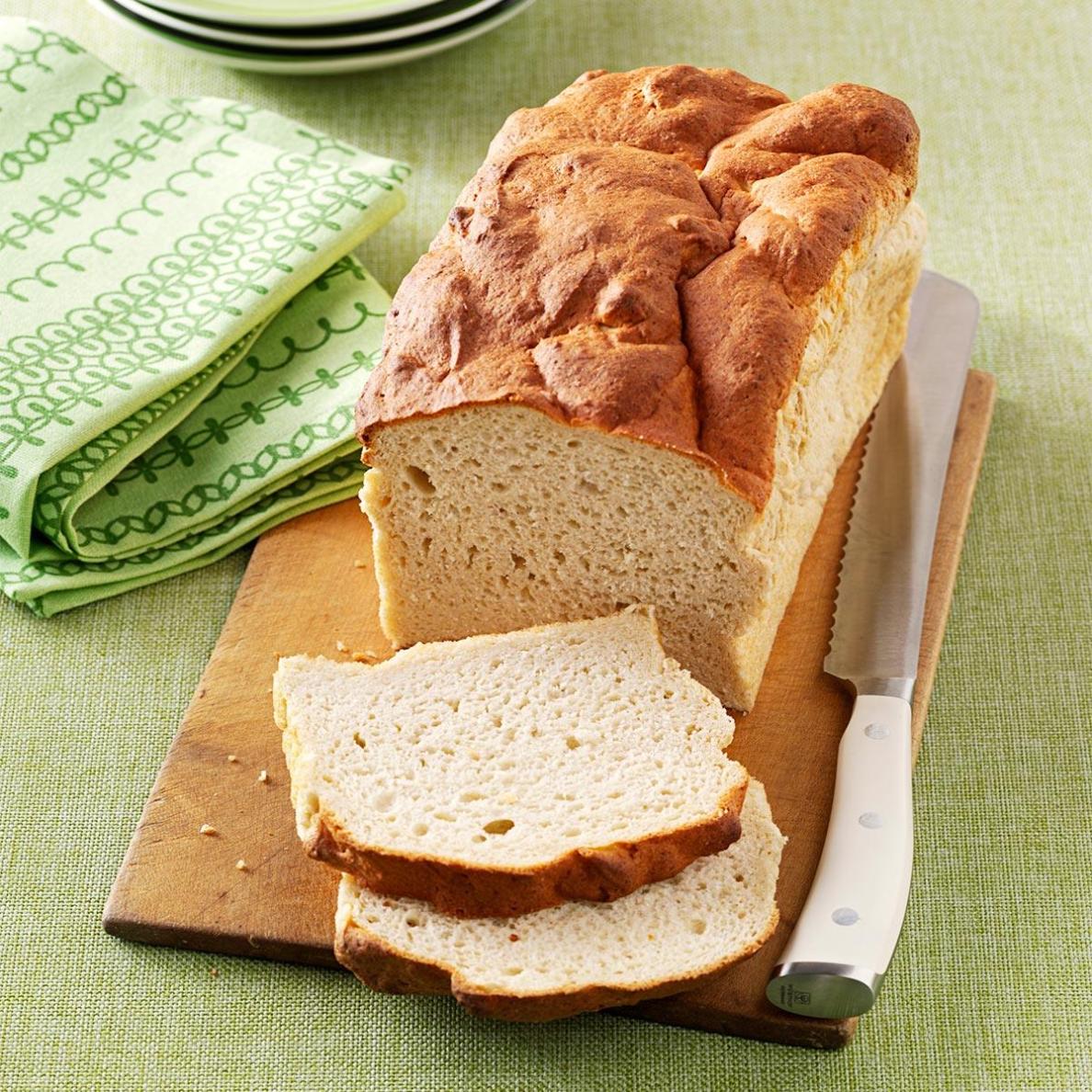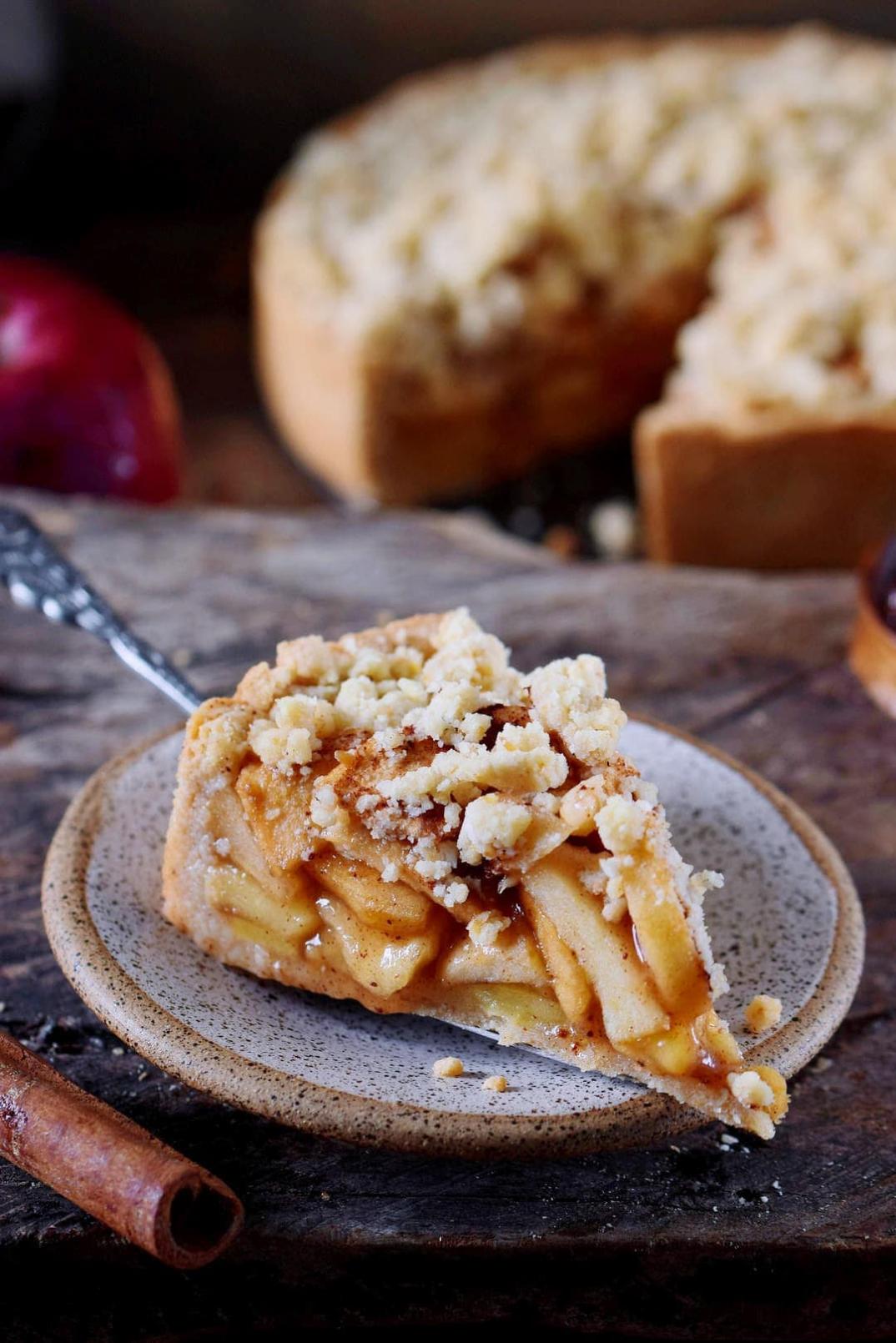Are Gluten-Free Recipes Really Healthier?
Gluten, a protein found in wheat, barley, and rye, plays a crucial role in the texture and structure of various food items, including bread, pasta, and baked goods. In recent years, gluten-free diets have gained immense popularity, driven by the belief that they offer numerous health benefits. However, it is important to question whether gluten-free recipes are inherently healthier than traditional recipes.

Health Benefits Of Gluten-Free Diets:
For individuals with celiac disease or gluten sensitivity, a gluten-free diet is essential to manage symptoms and prevent health complications. These conditions involve an immune response to gluten that can cause digestive issues, nutrient deficiencies, and other health problems. In these cases, a gluten-free diet can significantly improve overall health and well-being.
However, it is crucial to emphasize that gluten-free diets are not necessary for individuals without these conditions. There is no scientific evidence to support the claim that gluten-free diets offer any health benefits for people who do not have celiac disease or gluten sensitivity.
Nutritional Comparison:
When comparing the nutritional profiles of gluten-free and traditional recipes, it is essential to consider the specific ingredients used. While some gluten-free alternatives may be fortified with nutrients to match their gluten-containing counterparts, others may fall short in terms of nutritional value.
- Fiber Content: Gluten-free flours and grains often have lower fiber content compared to their gluten-containing counterparts. Fiber is essential for digestive health, blood sugar control, and weight management.
- Refined Carbohydrates: Gluten-free processed foods may contain higher levels of refined carbohydrates, such as white rice flour and tapioca starch. These carbohydrates can contribute to weight gain and increase the risk of chronic diseases.
- Nutrient Deficiencies: Excluding gluten-containing grains without careful planning can lead to nutrient deficiencies, particularly fiber, iron, and B vitamins. It is important to incorporate a variety of nutrient-rich foods into a gluten-free diet to ensure adequate nutrient intake.
Potential Drawbacks Of Gluten-Free Diets:

While gluten-free diets can be beneficial for individuals with celiac disease or gluten sensitivity, there are potential drawbacks to consider:
- Limited Availability and Higher Cost: Gluten-free products are often more expensive and less accessible than traditional gluten-containing foods. This can make it challenging and costly to maintain a gluten-free diet.
- Nutrient Deficiencies: As mentioned earlier, excluding gluten-containing grains without careful planning can lead to nutrient deficiencies. It is important to work with a registered dietitian or healthcare provider to ensure a balanced and nutritious gluten-free diet.
- Processed Gluten-Free Foods: Many gluten-free processed foods may be high in sugar, salt, and unhealthy fats. These foods can contribute to weight gain and increase the risk of chronic diseases.
Making Healthier Choices:
Rather than focusing solely on avoiding gluten, it is essential to prioritize overall diet quality. A balanced diet should include a variety of nutrient-rich foods from all food groups, regardless of gluten content.
- Choose Whole, Unprocessed Foods: Opt for whole, unprocessed foods, such as fruits, vegetables, lean protein, and whole grains, regardless of whether they contain gluten.
- Incorporate a Variety of Foods: Aim for a diverse diet that includes a variety of nutrient-rich foods from all food groups. This will help ensure adequate intake of essential nutrients.
- Limit Processed Foods: Processed foods, whether gluten-free or not, are often high in sugar, salt, and unhealthy fats. Limit your consumption of these foods and focus on whole, unprocessed foods.

The notion that gluten-free recipes are inherently healthier than traditional recipes is a misconception. While gluten-free diets can be beneficial for individuals with celiac disease or gluten sensitivity, they are not necessary for individuals without these conditions. It is important to focus on overall diet quality and make informed choices based on individual dietary needs and preferences. A balanced diet should include a variety of nutrient-rich foods from all food groups, regardless of gluten content.
YesNo

Leave a Reply